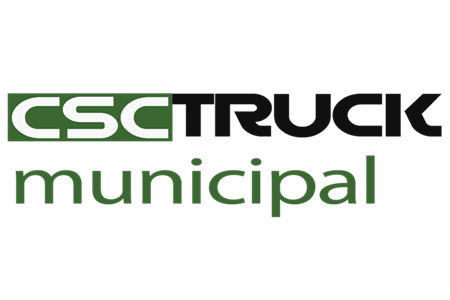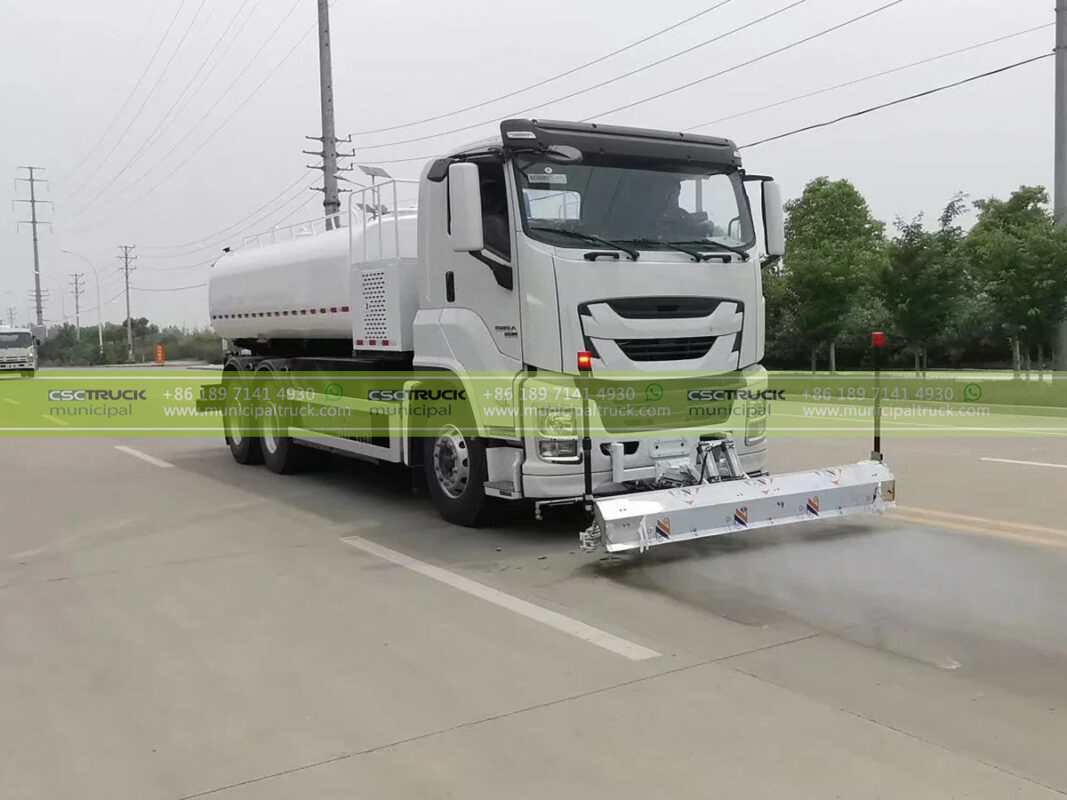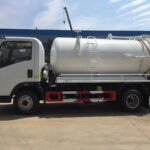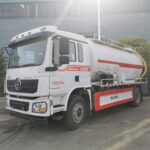In urban and industrial environments, maintaining clean streets and surfaces is essential for public health, safety, and environmental sustainability. Sweeper trucks are among the most efficient tools for this task, combining powerful cleaning mechanisms with mobility to tackle debris in various settings. The effectiveness of a sweeper truck lies in its advanced engineering, versatility, and ability to operate in diverse conditions. Understanding what makes these machines so efficient helps businesses and municipalities optimize their cleaning operations.
1. Advanced Cleaning Mechanisms
The core functionality of a sweeper truck depends on its ability to collect and contain debris efficiently. Unlike manual sweeping or basic mechanical brooms, modern sweepers integrate multiple cleaning technologies to ensure thorough results.
Key Components of a High-Performance Sweeper
- Rotating Brushes: Heavy-duty bristles dislodge dirt, leaves, and debris from pavement, directing them toward the collection system.
- Vacuum Suction: Powerful airflow lifts fine particles like dust and sand, preventing them from resettling after sweeping.
- Water Spray Systems: Suppress dust during operation, improving air quality and reducing respiratory hazards.
- Debris Hoppers: Large-capacity storage containers minimize downtime for emptying, allowing longer continuous operation.
The combination of mechanical and aerodynamic cleaning ensures that a street sweeper truck can handle both large debris and fine particulate matter with precision.
2. Versatility Across Different Environments
Not all sweepers are designed the same—some excel in urban settings, while others are built for industrial zones or highways. A well-designed road sweeper truck adapts to various surfaces and debris types, making it indispensable for multiple applications.
Applications in Different Settings
- Urban Areas: Street sweeper trucks navigate tight city streets, clearing litter, leaves, and construction residue to maintain public hygiene.
- Highways & Roads: Heavy-duty sweepers with enhanced suction remove tire fragments, gravel, and roadside debris to improve driver safety.
- Industrial Sites: Specialized models handle abrasive materials like metal shavings, concrete dust, and chemical spills.
- Airports & Seaports: Sweepers with high filtration systems capture micro-debris that could damage aircraft or cargo equipment.
The ability to customize sweeper trucks for specific environments ensures optimal performance in any cleaning scenario.
3. Fuel Efficiency and Eco-Friendly Designs
As sustainability becomes a priority, modern sweeper trucks are engineered to minimize environmental impact without sacrificing performance. Manufacturers now integrate hybrid and electric powertrains, along with emission-reducing technologies.
Sustainable Innovations in Sweeper Trucks
- Electric & Hybrid Models: Reduce carbon emissions and noise pollution, ideal for urban and residential zones.
- Regenerative Air Systems: Reuse filtered air to enhance suction efficiency while lowering energy consumption.
- Water Recycling Features: Advanced filtration allows water reuse in dust suppression, conserving resources.
By adopting greener technologies, sweeper trucks not only clean streets but also contribute to broader environmental goals.
4. Durability and Low Maintenance Requirements
A street sweeper truck operates in harsh conditions, encountering abrasive debris, extreme weather, and constant wear. The most effective models are built with rugged materials and smart engineering to ensure long-term reliability.
Features That Enhance Longevity
- Reinforced Chassis & Brushes: Withstand heavy debris and prolonged use without frequent replacements.
- Corrosion-Resistant Coatings: Protect critical components from water, salt, and chemical exposure.
- Modular Design: Simplifies repairs by allowing individual part replacements instead of full-system overhauls.
Investing in a durable sweeper truck reduces downtime and maintenance costs, maximizing return on investment.
5. Smart Technology and Automation
The latest sweeper trucks incorporate advanced sensors, GPS tracking, and automated controls to enhance efficiency and data-driven decision-making. These innovations streamline operations and provide real-time insights into cleaning performance.
Technological Advancements in Modern Sweepers
- Route Optimization Software: Plans the most efficient cleaning paths, saving time and fuel.
- Debris Monitoring Systems: Sensors detect accumulation levels, adjusting suction power for optimal pickup.
- Remote Diagnostics: Alerts operators to potential mechanical issues before they cause breakdowns.
By integrating smart technology, road sweeper trucks transform routine cleaning into a precise, data-enhanced operation.
From powerful cleaning mechanisms to sustainable designs and cutting-edge automation, sweeper trucks are engineered to meet the demands of modern cleaning challenges. Their adaptability across different environments ensures that cities, industries, and transport hubs remain safe and debris-free.







